No... and yes.
Kotlin doesn't have primitive type (I mean you cannot declare primitive directly). It uses classes like Int, Float as an object wrapper for primitives.
When kotlin code is converted to jvm code, whenever possible, "primitive object" is converted to java primitive.
In some cases this cannot be done. Those cases are, for example, collection of "primitives". For example, List<Int> cannot contains primitive. So, compiler knows when it can convert object to primitive. And, again, it's very similar to java:
List<Integer> numbers = new ArrayList<>;
numbers.add(0); // <-- you use primitive, but in fact, JVM will convert this primitive to object.
numbers.add(new Integer(0)); // <-- We don't need do that.
Also, when you declare "nullable primitive" it is never converted to primitive (what is kind of obvious, as primitive cannot be null). In java it works very similar:
int k = null; // No way!
Integer kN = null; // That's OK.
One more thing - what docs are saying about it?
For Common, JVM, JS
Represents a 32-bit signed integer. On the JVM, non-nullable values of this type are represented as values of the primitive type int.
For Native
Represents a 32-bit signed integer.
@see: https://kotlinlang.org/api/latest/jvm/stdlib/kotlin/-int/index.html
So, the last conclusion. Kotlin doesn't have primitive types out of the box. You treat all objects like objects. Converting to primitive is done at some lower level than code. This design is caused to keep compatibility with JVM.
I did a little deep dive and published it on medium. For interested: https://medium.com/@przemek.materna/kotlin-is-not-primitive-primitives-in-kotlin-and-java-f35713fda5cd


